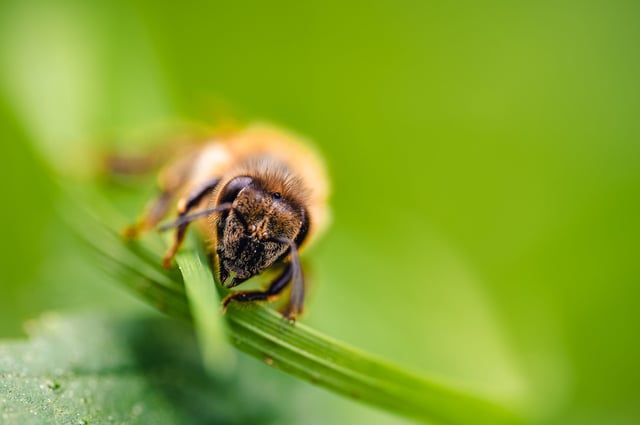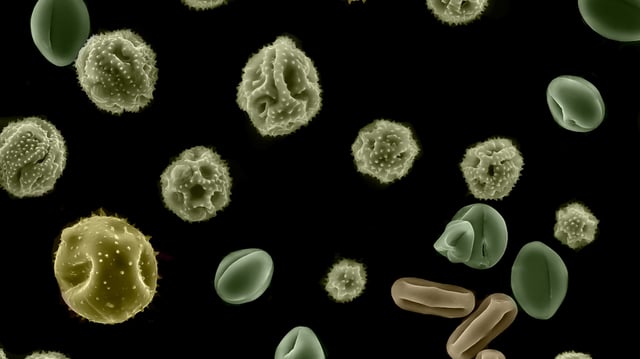Overview
- Researchers found identical or closely related Streptomyces on flowers, on pollen-covered bees, and in hive pollen stores, indicating bees transport these beneficial microbes back to colonies.
- Lab competition assays showed nearly all isolates inhibited the mold Aspergillus niger, with some strains active against bee pathogens Paenibacillus larvae and Serratia marcescens and several crop pathogens.
- Sampling between April and June 2021 yielded 16 actinobacterial strains from plant pollen and 18 from hive stores, with 72% classified as Streptomyces.
- Genome analyses supported endophytism, identifying genes for plant tissue colonization, growth hormone production, and metal scavenging.
- The authors propose introducing selected beneficial strains into hives as a potential treatment, a step that will require further safety testing and field validation.

